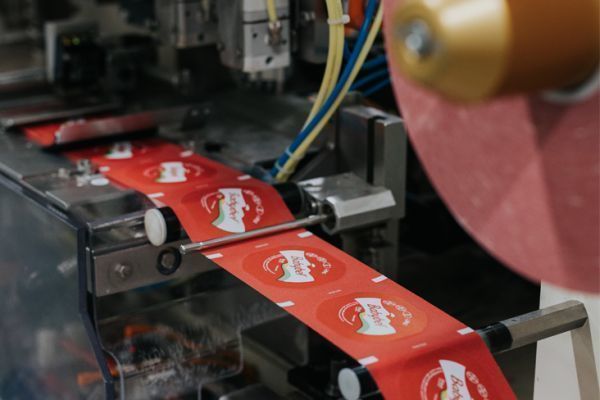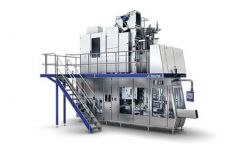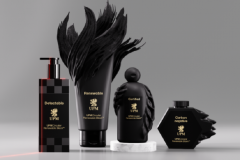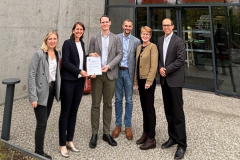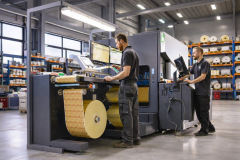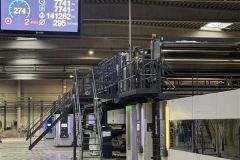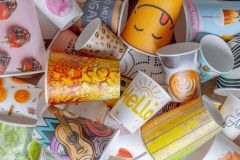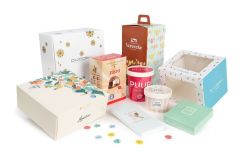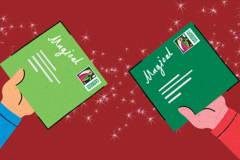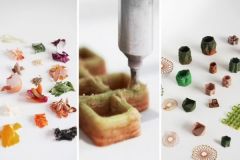Mini Babybel adopts new packaging. French food group Bel has launched a worldwide rollout of recyclable paper, designed to gradually replace the biosourced cellophane currently used. The changeover, announced as complete by 2027, concerns all five of the brand's production sites and its markets in some 50 countries.
The paper used, from responsible sources, is certified according to standards guaranteeing sustainable forest management. The switch to this material required several years of research by the Bel Group's innovation department. The emblematic red wax shell, on the other hand, has been retained: according to the manufacturer, it is a key element in maintaining the integrity of the cheese throughout its logistical life.
A major technical shift with two billion units
By 2020, the little cheese launched in the 1970s had already changed its packaging, with the addition of home-compostable cellophane. But the switch to paper represents a much bigger break. Bel points out that the barrier function had to be rethought to meet the constraints of paper packaging.
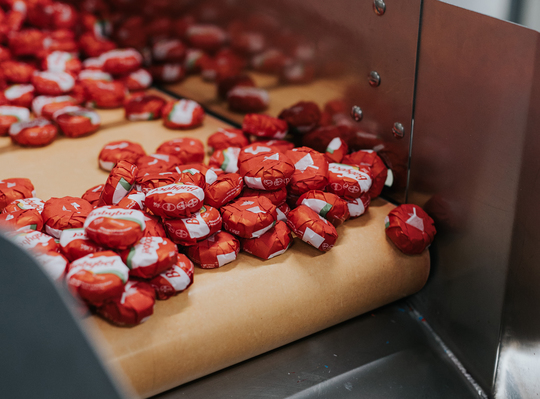
The first tests have been carried out on UK routes. They will be followed by a gradual extension to North America and Northern Europe during 2026, before being extended to all markets in 2027. All packaging will then comply with international recyclability standards.
Linda Neu, Babybel's Worldwide Director, emphasizes that "With over two billion portions sold each year worldwide, this change for Babybel has a concrete impact on a global scale. The switch to recyclable paper packaging represents a decisive step in the sustainable transformation of our brand".
Towards 2030 with all recyclable packaging
The Bel Group is aiming for 100% recyclable or compostable packaging by 2030. The Kiri brand is also set to swap its aluminum packaging for paper. Consumer tests are scheduled for 2026/2027, the group explains.
In addition, the La Vache qui rit and Materne brands are offered in bulk, through a bulk sales experiment called Coalition DéfiVrac, using distribution machines adapted to packaged fresh produce.
